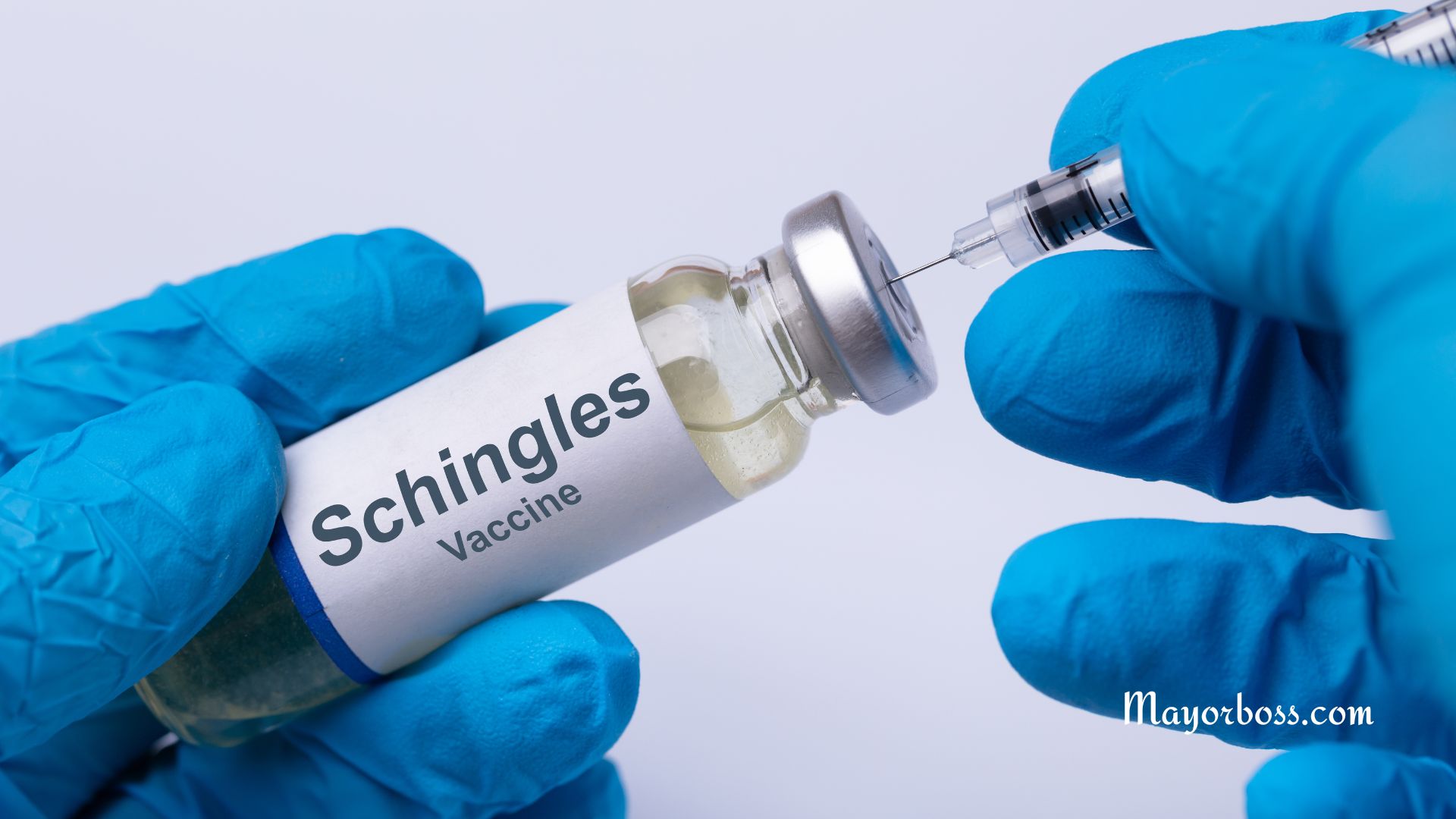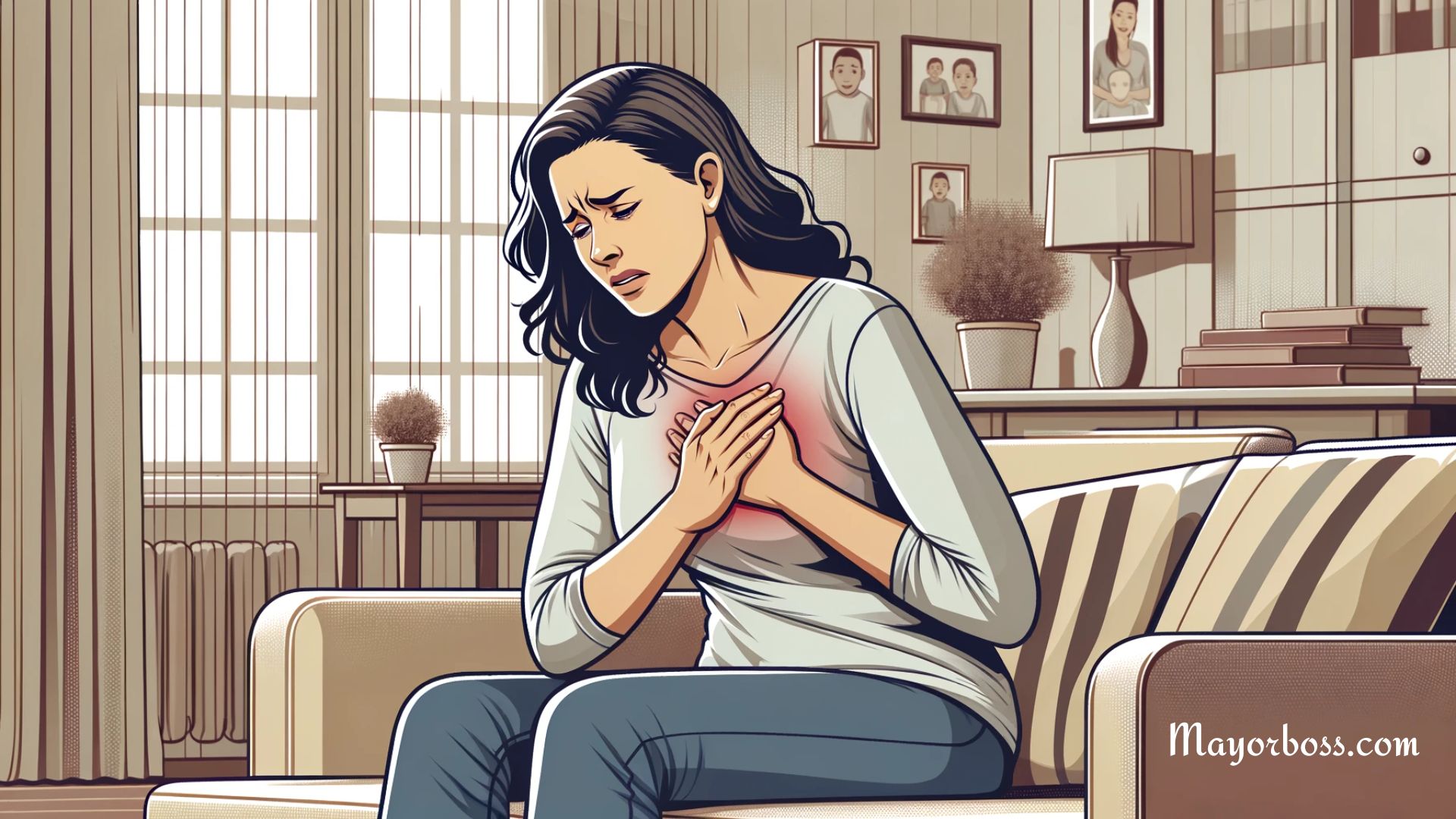Can You Be Allergic to Alcohol?
Have you ever felt swelling, itching, or shortness of breath after taking alcohol? If yes, then you might be experiencing an allergic reaction to alcohol.
Yes, you read that right—alcohol allergies are a real phenomenon.
In this article, I’ll dive into the causes, symptoms, and management of alcohol allergies. Additionally, we’ll explore the social and psychological implications of this condition.
So, buckle up, and let’s get started!
Are Alcohol Allergies Real?
You might be wondering if alcohol allergies are genuine. The answer is yes. Although rare, alcohol allergies do exist, and they’re different from alcohol intolerance.
The main cause of alcohol allergies is an immune system reaction to ingredients found in alcoholic beverages, such as wheat, grapes, or yeast.
Alcohol Allergy vs. Alcohol Intolerance
You might confuse an alcohol allergy with alcohol intolerance, but they’re not the same.
An alcohol allergy involves your immune system, while intolerance results from your body’s inability to metabolize alcohol.
Symptoms of intolerance may include facial flushing, rapid heartbeat, and nausea.
Recognizing the Symptoms
So, how do you know if you have an alcohol allergy? You’ll likely experience symptoms such as itching, hives, swelling, facial flushing, abdominal pain, headache, or difficulty breathing.
Severe cases can even lead to anaphylaxis, a life-threatening reaction that requires immediate medical attention.
Managing Alcohol Allergy Symptoms
If you suspect an alcohol allergy, consult a healthcare professional for proper diagnosis and management.
They may recommend antihistamines to control mild symptoms or an EpiPen for severe cases. Ultimately, avoidance of alcohol is the best way to prevent allergic reactions.
Social and Psychological Impact
Being allergic to alcohol can take a toll on your social life. You might feel left out or judged at social events where alcohol is the focal point.
It’s essential to build a support network of friends and family who understand your situation and can help you navigate alcohol-free socializing.
Authoritative Sources and Evidence
You might be wondering if there’s solid evidence supporting alcohol allergies. HealthLine is a reliable source that can provide more information on this topic.
Moreover, the American Academy of Allergy, Asthma & Immunology (AAAAI) recognizes alcohol allergies and explains the symptoms more in-depth.
Bottom Line
If you suspect you have an alcohol allergy, consult a healthcare professional like an allergist and follow their recommendations. Remember, you’re not alone, and with the right support, you can still lead an enjoyable and fulfilling social life.






